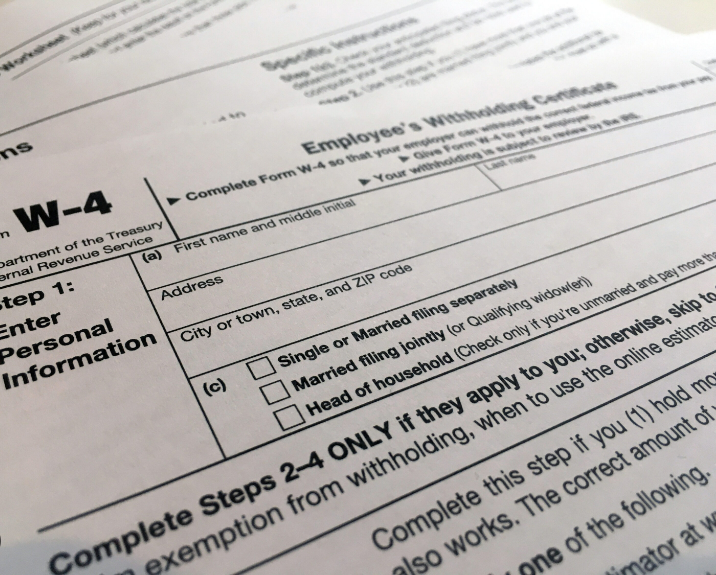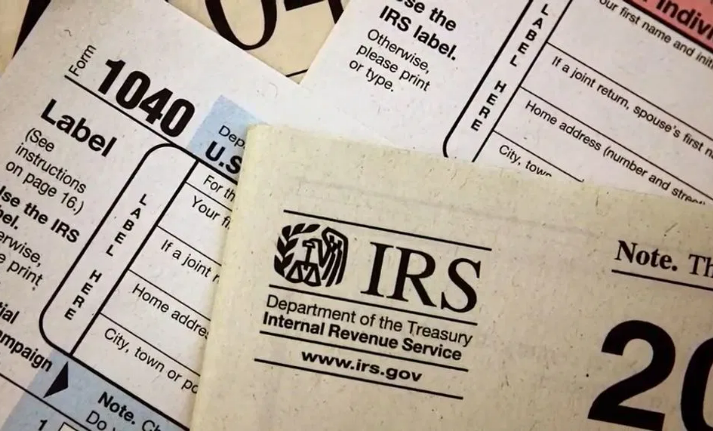
The IRS encourages everyone to file their taxes as early as possible each year, and many people comply. However, there are always procrastinators who wait until the last minute, whether due to dread over a tax bill or poor time management. The IRS isn’t particularly fond of this last-minute rush, but not for the reasons you might think.
The IRS isn’t actually concerned about the increased workload right at the tax filing deadline. While you might experience delays in receiving your refund, that inconvenience is a consequence of your own procrastination.
The main reason the IRS wants you to file your taxes early is to prevent tax fraud, specifically tax refund fraud. This type of fraud occurs when someone else files a tax return in your name to claim your refund before you do. It might sound far-fetched, but it happens more often than you might expect. Filing early helps safeguard your refund by reducing the window of opportunity for fraudsters.
Tax Refund Fraud
According to the IRS, they rejected or suspended 4.8 million returns in 2015 alone due to suspected refund fraud. A Florida woman was recently convicted for filing over 100 fake tax returns between 2012 and 2014, successfully stealing $128,000.
The IRS is actively combating tax refund fraud by collaborating with state tax agencies and tax preparation companies like TurboTax and H&R Block to tighten security measures. Although the number of fraudulent instances has decreased in recent years, it remains a significant concern. The increasing frequency of online data breaches makes it easier for criminals to purchase your personal information and attempt to exploit it during tax season.
Someone Stole my Refund!
If you suspect or know that someone has tried to steal your tax refund, there are several steps you should follow. The IRS has identified key warning signs of potential tax refund fraud:
- You receive a letter from the IRS inquiring about a suspicious tax return that you did not file.
- You cannot e-file your tax return due to a duplicate Social Security number.
- You receive a tax transcript in the mail that you did not request.
- You get an IRS notice about an online account being created in your name.
- You get an IRS notice that your existing online account has been accessed or disabled, although you took no action.
- You receive an IRS notice that you owe additional tax, have a refund offset, or face collection actions for a year you did not file a tax return.
- IRS records indicate you received wages or other income from an employer you didn’t work for.
Additionally, here are some extra precautions to consider:
- If you receive an email from a tax preparer you’ve never used regarding a new account, don’t dismiss it as spam immediately. Contact the company to verify its legitimacy.
- Regularly check your earnings statement from the Social Security Administration at least once or twice a year. If you notice earnings that clearly do not belong to you, it could indicate that someone is scamming you.
Protect Yourself

Hopefully, you have not been a victim of tax refund fraud. Let’s keep it that way! Here are a few proactive steps you can take to prevent falling prey to this scam:
- File Your Tax Return Early: As mentioned earlier, filing your tax return as soon as possible makes it much harder for a fraudulent return to be processed. If both you and the scammer attempt to file, you’ll likely receive a letter asking for more proof of identity. You can provide this proof, but the scammer cannot, usually leading them to abandon their attempt.
- Regularly Check Your Credit Report: This is good financial advice in general. By regularly reviewing your credit report, you can quickly spot and address any suspicious activity or accounts you don’t recognize.
- Use the IRS PIN System: The IRS is introducing a six-digit PIN system to add an extra layer of security when filing your tax return. This PIN will be required in addition to your Social Security number and other identifying information. Currently, residents of Arizona, California, Colorado, Connecticut, Delaware, District of Columbia, Florida, Georgia, Illinois, Maryland, Michigan, Nevada, New Jersey, New Mexico, New York, North Carolina, Pennsylvania, Rhode Island, Texas, and Washington can obtain an IRS PIN if they filed a federal tax return in 2019. For everyone else, keep an eye out for when this becomes available and consider getting one to enhance your tax return security.
How to Fix It
If you’re arriving at this article only to discover that your refund has already been snatched, we understand the frustration. It’s a rotten situation. However, all is not lost. There are still strategies you can employ to combat this.
Firstly, never disregard a notice from the IRS or state tax authorities. Even if you glance at the mail and think, “Oh, that’s my name but the address is off,” tossing it aside is a mistake. Take these notices seriously and respond accordingly if needed.
Secondly, if your tax return is rejected due to someone else already filing under your name, promptly complete an Identity Theft Affidavit (Form 14039) and mail it to the IRS. Additionally, inform the Federal Trade Commission of the identity theft through their online platform.
Following that, request a copy of the fraudulent tax return submitted in your name. Understanding the inaccurate information on it will bolster your case in convincing the IRS of its falsity.
It’s advisable to file a report with the local police. While they might not take immediate action, having a documented report serves as evidence of your crime report if the IRS inquiries. Retain a copy of this report. If your identity is compromised, keeping thorough records is crucial. Otherwise, convincing the IRS or other creditors of your victimization might prove challenging.
Lastly, take all necessary measures to freeze your credit and place a fraud alert on your credit report. This significantly impedes anyone with your details from taking further actions, including attempting to claim your tax refund.
